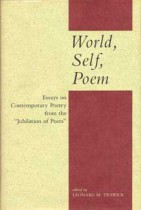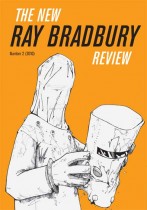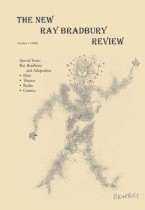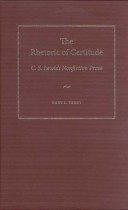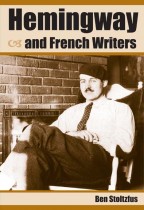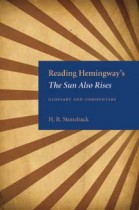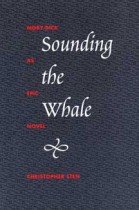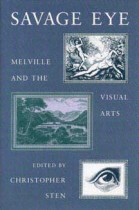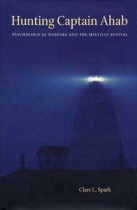The Lousy Racket
Robert Trogdon | Filed under: Hemingway Studies, Literature & Literary Criticism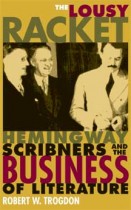
The Lousy Racket is a thorough examination of Ernest Hemingway’s working relationship with his American publisher, Charles Scribner’s Sons, and with his editors there: Maxwell Perkins, Wallace Meyer, and Charles Scribner III. This first critical study of Hemingway’s professional collaboration with Scribner’s also details the editing, promotion, and sales of the books he published with the firm from 1926 to 1952 and provides a fascinating look into the American publishing industry in the early twentieth century.

